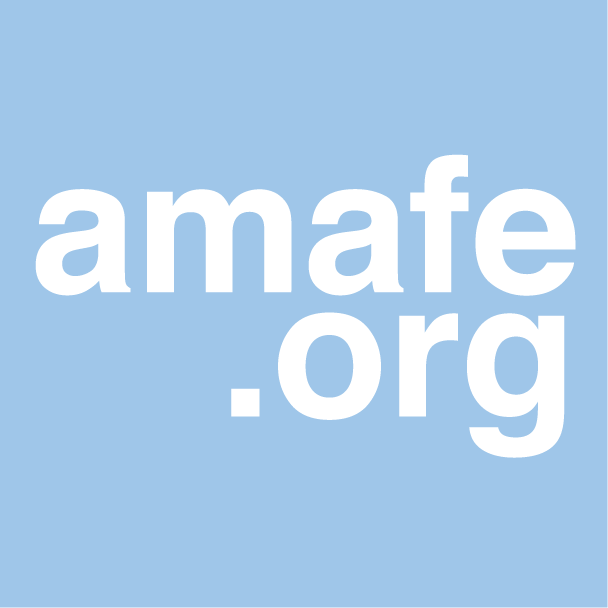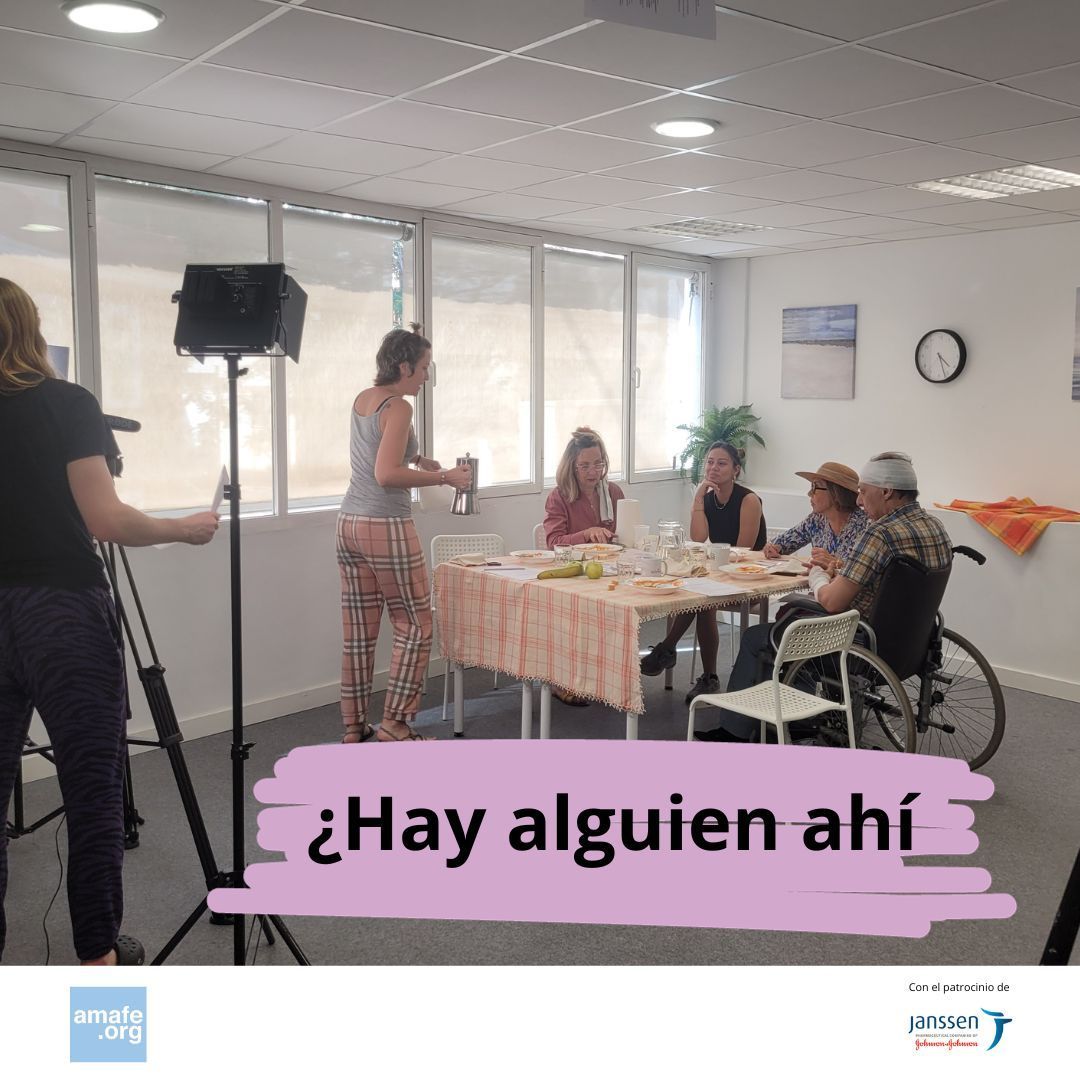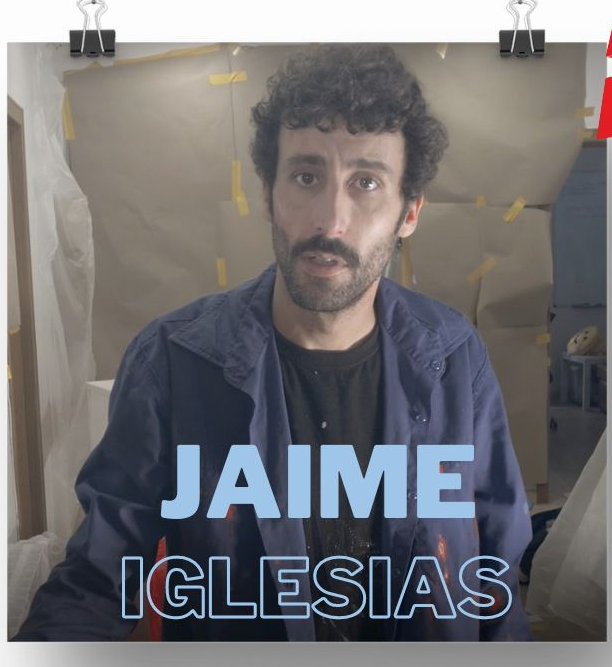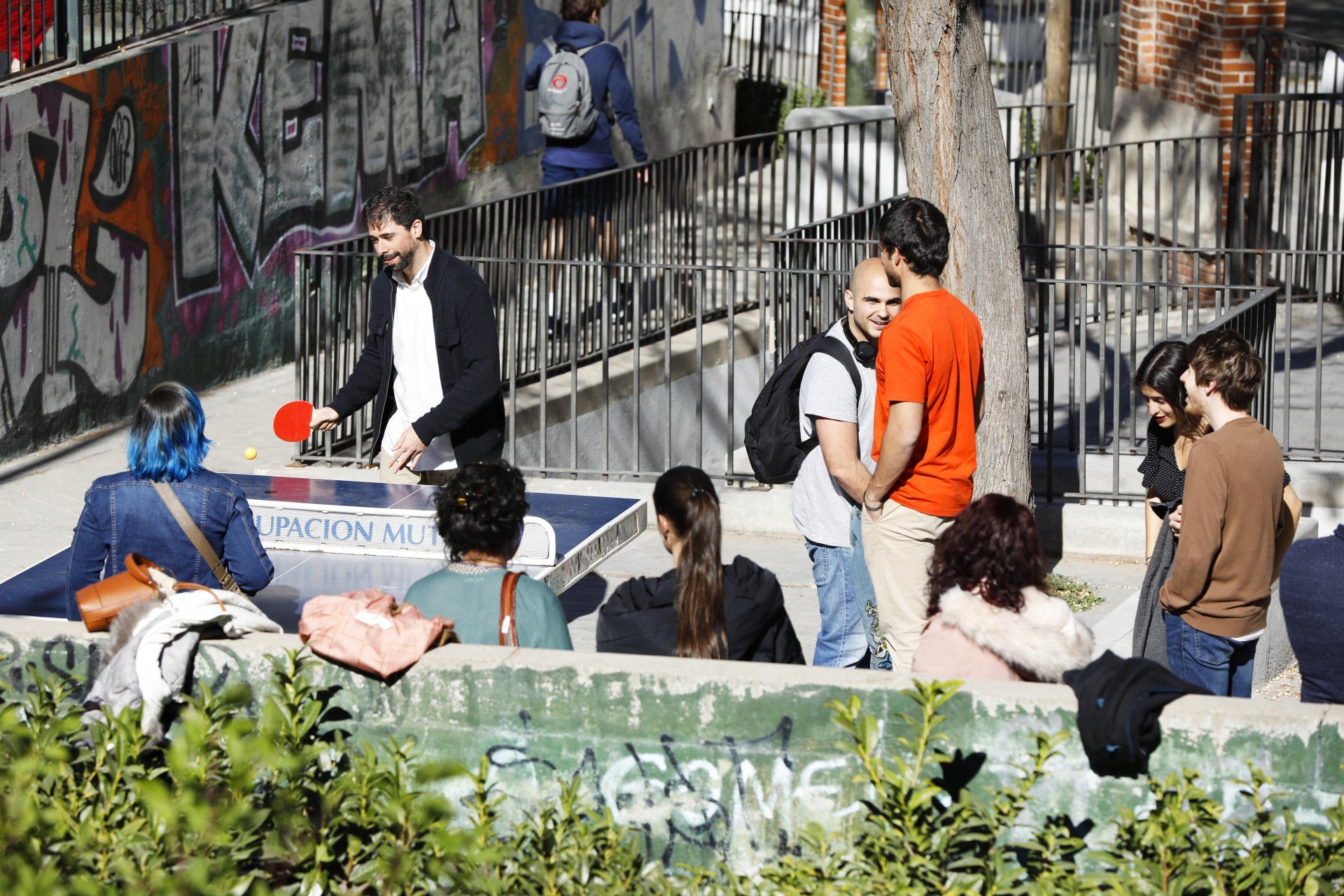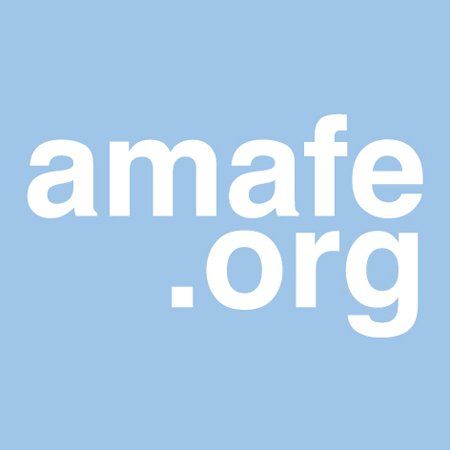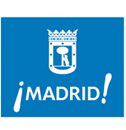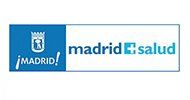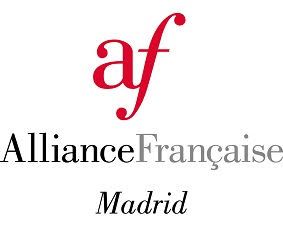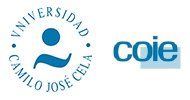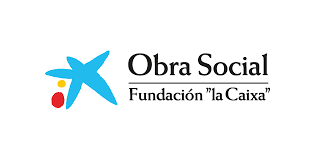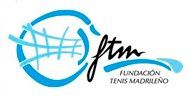Manual of good practices: the result of shared experiences
The MAP best practices manual, which captures all the results of the work carried out in Madrid and Rome, is now available.
This manual is the result of the Transnational exchange of experiences between people with lived experiences in mental health, their families and their professionals and seeks to promote the right of people with mental health problems to live autonomously and independently.without this condition implying discrimination or exclusion to achieve it, taking control of their lives, ceasing to be passive subjects in society.
BEST PRACTICES MANUAL. MAP PROJECT.is under licenseCC BY-NC-ND 4.0© 2 byLaura Ruiz, Joseba Rico, Bárbara López, Gaia Buono, Francesco Rizzi, Eleonora Orlando, AMAFE, Club House Itaca Roma
GOOD PRACTICE MANUAL © 2 by Laura Ruiz, Joseba Rico, Bárbara López, Gaia Buono, Francesco Rizzi, Eleonora Orlando, AMAFE, Club House Itaca Roma is licensed under CC BY-NC-ND 4.0

Some experiences and conclusions
Video conclusions of the project
With MAP now complete, we talked with Joseba Rico and Laura Ruiz, AMAFE's European project managers, about their experience over these past few months and how MAP has developed. Watch the video!
Results presentation event
El Proyecto MAP llega a su fin y presentamos un avance de los resultados, recogido en la jornada que organizamos. Dieciocho meses de estudio y análisis que vamos a poder materializar en un manual de buenas prácticas, el cual, podréis encontrar más arriba.
Focus group experiences
Focus groups have been the main focus of the project, and thanks to them we've been able to gather much of the data reflected in the manual. In this video, you can see the experiences of two participants.
What MAP has consisted of
A project to improve autonomy based on experiences
The project Mental Health Autonomy Project, led by AMAFE and with Progetto Ítaca Roma as a collaborating partner, has had The aim is to facilitate access to and maintenance of independent living, as well as to strengthen employability.Finding a job and living independently are fundamental factors in a person's recovery process, and to date, they are far from being covered.
The same objective from different perspectives
First-person experiences
Each person is unique, and each diagnosis and experience are different. Therefore, it is important to hear the voices of those who experience firsthand what it means to have a mental health problem. Promoting independent living and autonomy undoubtedly requires giving voice to the people involved in order to more strongly advance their path to full citizenship.
Participation of professionals
The proposal of new collaborative approaches to address and prevent the development of mental health problems will improve professional practice and the effectiveness and efficiency of mental health services. Furthermore, methodological exchange, early interventions, and the promotion of autonomy to prevent the chronicity and stagnation of clinical and social problems are an important part of the MAP project.
The importance of families
La aparición de un problema de salud mental no solo afecta a la persona, si no también a la familia y el entorno. En España e Italia, más del 80% de las tareas de cuidado y apoyo son realizadas por cuidadores y cuidadoras informales, pero a pesar de ello, las necesidades de apoyo e información para las familias apenas son tenidas en cuenta.
Focus group development: key to drafting the best practices manual
Focus groups are a unique way to capture the complexity of individual voices and uncover emerging patterns. In them, we bring together a small team to discuss ideas, share experiences, and delve into specific topics, generating diverse voices to provide valuable insights. This technique is useful for gaining qualitative perspectives and exploring subjective aspects that can be difficult to capture with quantitative methods.


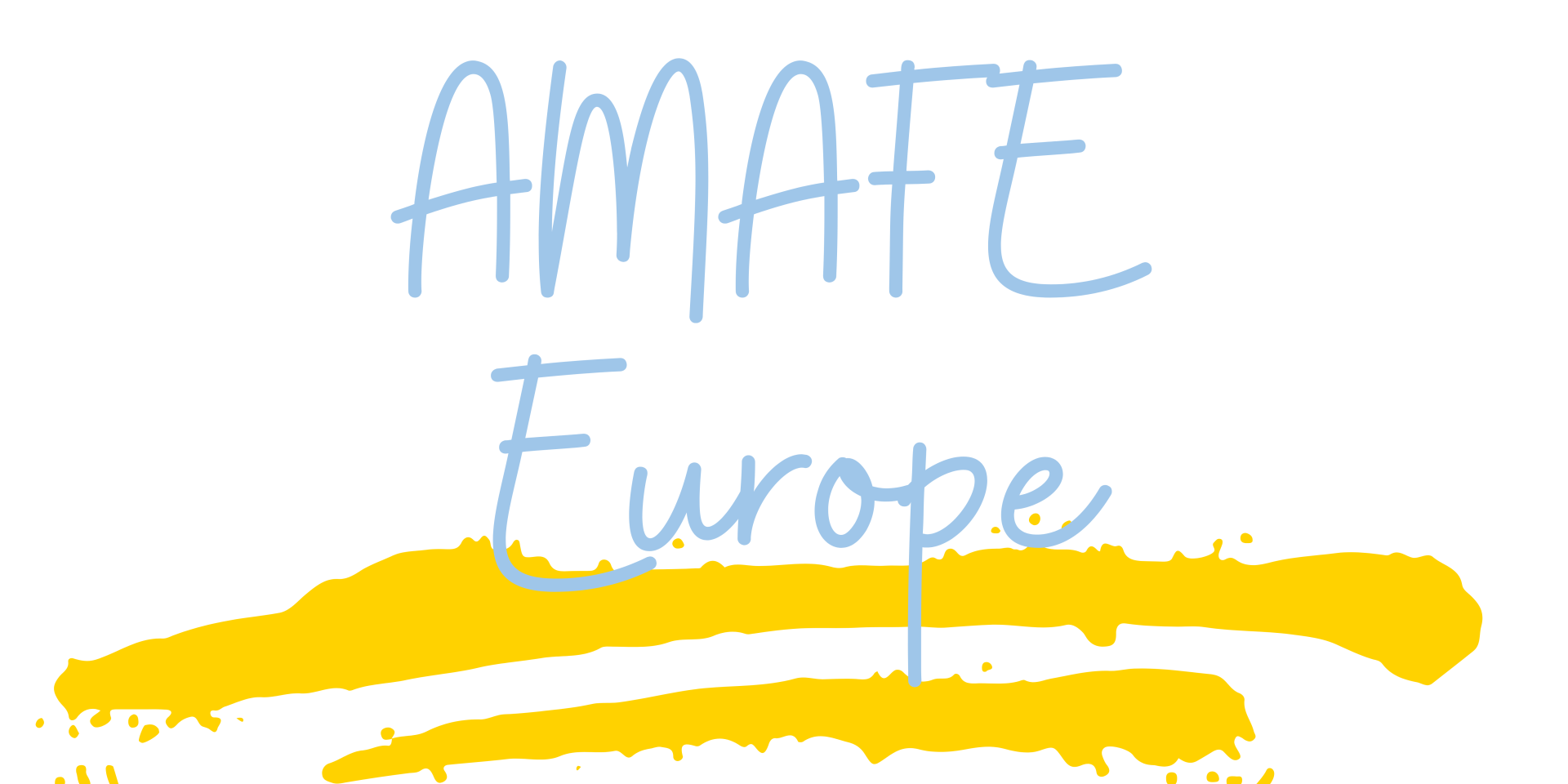
The Mental Health Autonomy Project is co-funded by the European Union's Erasmus program. The content of this website is the sole responsibility of AMAFE, and neither the European Commission nor the Spanish Service for the Internationalization of Education (SEPIE) are responsible for any use that may be made of the information contained herein.


